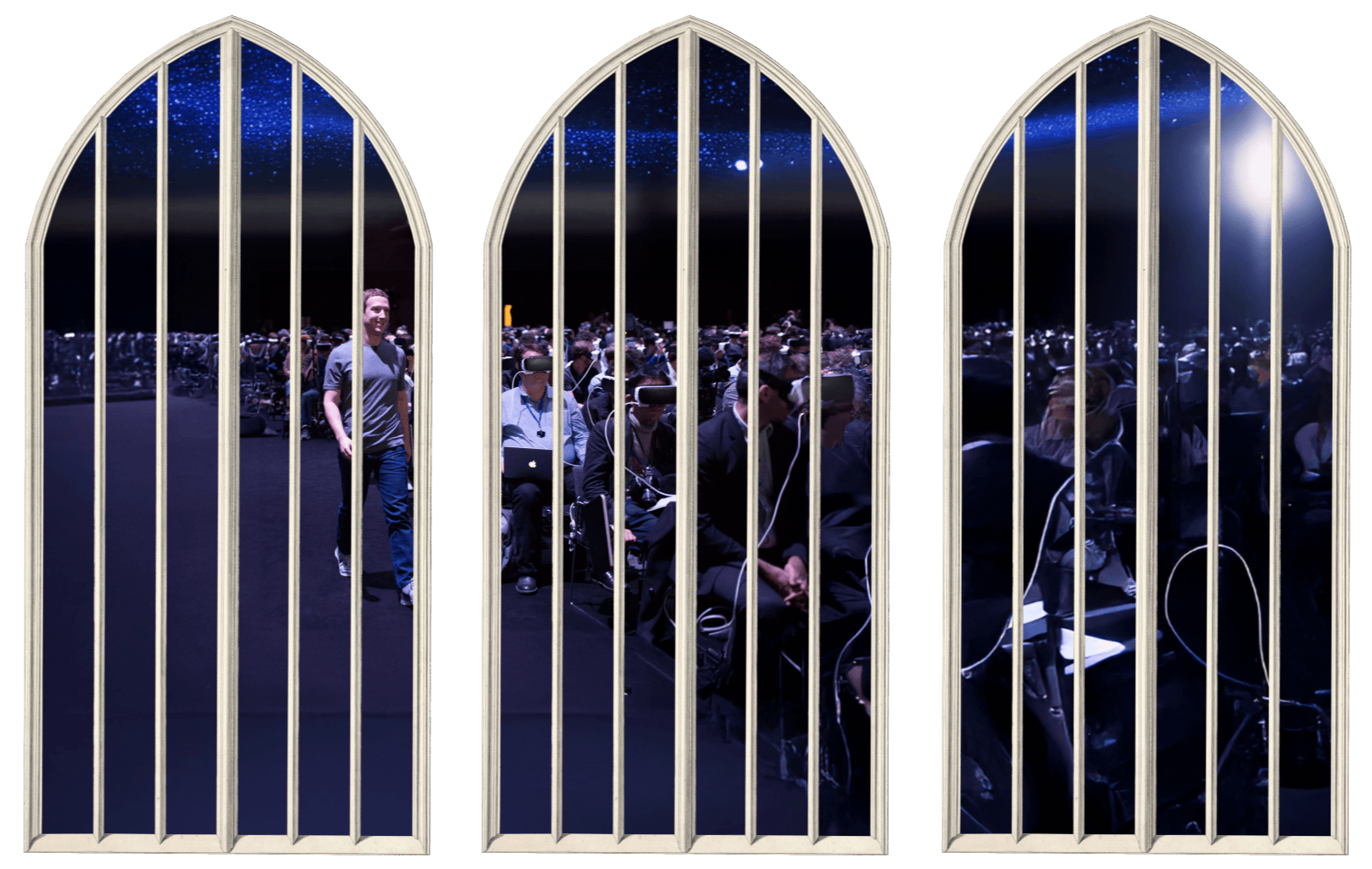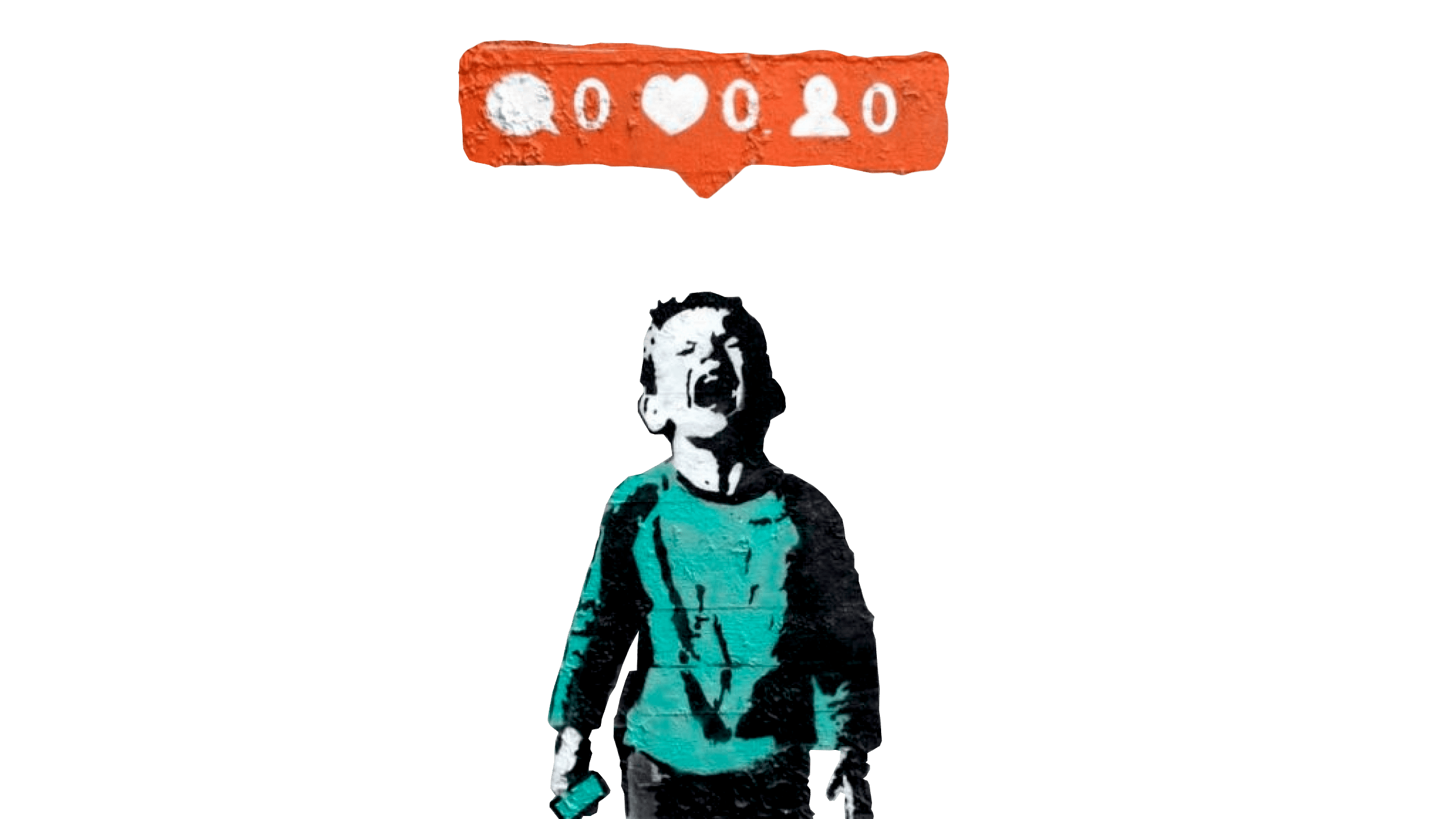If you have a website that is not user friendly, you have an unfriendly website which basically means that you lack manners. The specialists use that word (“user friendly”) so often that they forget that “friendly” actually is an ethical term.
Of course, calling your customers “the user” doesn’t help discovering that crucial aspect of user friendliness. But as a matter of fact you have to watch the user friendliness of your website like you have to watch your own human friendliness. Your websites communicates, and if you communicate badly, you risk to appear rude.
People say user friendliness is good because you get more clicks, make more money, you’re more successful. From an ethical point of view that’s almost like saying “you have to learn good manners because that will make you rich”. No matter whether that’s true or not: Good manners have better reasons than money. Good manners incite good reactions (feedback), and good reaction is what inspires new action. Inspiration is interactive, respect is reciprocal. That’s true for your personal face as well as for the interface of your website.
The nicer my interface is, the nicer people react. The nicer people react, the more willing they are to share. And that is the intent of websites. To get people to share information.
Communicational skills
The Internet is a pretty young environment and social standards are forming just recently. But after reading through hundreds of boring insults, swearing tirades and dumb fights over words up to brainless death threats and poisonous, hate mongering direct or indirect incitements to kill the enemy—I think it’s time to accept that the same communication rules should apply on- and offline. Before you write anything to someone, ask yourself if you’d say that to his or her face.
Style is sexy
Ask the girls: Manners go a long way. Of course manners alone won’t do. You have to be fun. Take the rock star. If he keeps his manners in spite of being famous that’s when he scores. The most admiring words for rock stars are not: “He trashed a hotel room” or “He’s so cool because he beat up his girlfriend”.
This is the cool rock star: “He is so out of control on stage, but when you talk to him, he is all relaxed and smart.” Good communication is attractive. Hate and vanity repulses.
What wannabe rock stars don’t realize is that mere aggression is bad communication (unless it’s used as a marketing trick). If your goal is to make people feel uncomfortable, you have to do it with good communication. Obviously I grew up with Lennon influencing the media.
Curt Cobain was spot on (read his diaries), Marilyn Manson is razor sharp like an old Greek in his interviews, Thom Yorke is always calm and brilliant—even if he’s angry. When they insult the establishment, they attack with culture.
If you stick to the basic rules of good manners, no dumb insults, no hateful slurs, no blind attacks, if you only think before you say something, then the web can be an instrument to show yourself in a real good light. Wild and well spirited.
The Teenager
In a brilliant article on the matter, written back in 1996(!), Norman N. Holland pointed out how people regress a soon as they go online. They either become childishly aggressive or childishly admiring. You hardly never tell anybody to his face “go and fuck yourself”. If you do, you either lost it, or you deal with the rare species of a real idiot. Online it happens all the time. Before you regress the next time. Just ask yourself: Would you say what you are about to say in the face of the person?
The Smartass
To the two main polar reaction patterns I would add the pseudocritical pattern. Some people assume that whatever they didn’t come up with by themselves—must be wrong. These people usually pick a random point in your argumentation, take it out of context and blow it up, writing long boring comments, expecting you to get involved in a neverending discussion about who is smarter.
The Teacher
The teachers are those who feel that they just have more authority than you and that’s why they can bluntly disqualify everything you say. They usually go down the “this is false”, “I disagree”, “you are foolish” or “first learn English” path.
Conclusion
Interactive means “Acting or capable of acting on each other.” And the benefits of true interactivity are the same as the benefits of all social systems. Human brains connected are way more powerful than one singular thinking because they help us control each others little mistakes and blind spots. And little mistakes count. It’s the details that make us happy.
The electronic gentleman’s credo
- Manners are not a privilege of the leading social class
- Everyone has a right to be treated in a friendly way
- Superficial manners are based on a military model of order and obedience
- Good manners are focused on sophistication, common sense, positivity, responsiveness, good humor and collaboration
- New rules are slowly but surely replacing the old rules
Have a nice day.







